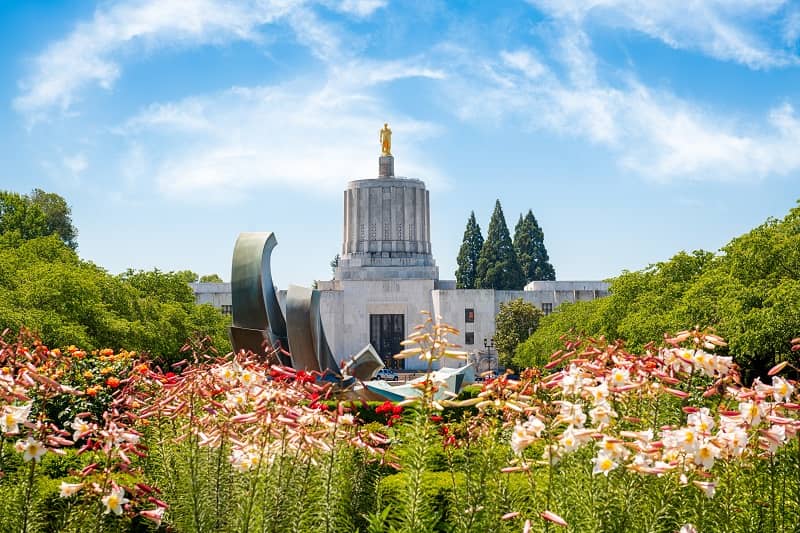

Click the play button to hear the audio commentary
Oregon’s rural economies are based on renewable natural resources susceptible to economic volatility. They are also reliant upon the political will of the urban populations they serve. Unfortunately, there is often a disconnect between people’s emotional response to a natural resource policy question and the impacts those policy decisions will have on both rural communities and urban consumers.
Plants and seeds for home gardens, fresh milk at the dinner table, and the home that shelters a family from the rain are just some of the products provided to urban residents by rural Oregon. But when a policy discussion arises about mandating special wastewater treatment facilities for dairies, or if harvest should be allowed on bug-infested, fire-prone forests, the multitude of social, economic and environmental impacts to the communities that provide these products seem to be overlooked by urban consumers.
Urban Oregonians are often emotional and idealistic about nature and how rural communities should look and function. However, our society needs to recognize the importance of having renewable resources readily available. Yes, natural resource products can and will be provided by others if Oregon’s rural communities aren’t allowed to be competitive in the marketplace. But that isn’t the wise decision for consumers, rural communities or the natural environment in Oregon.











